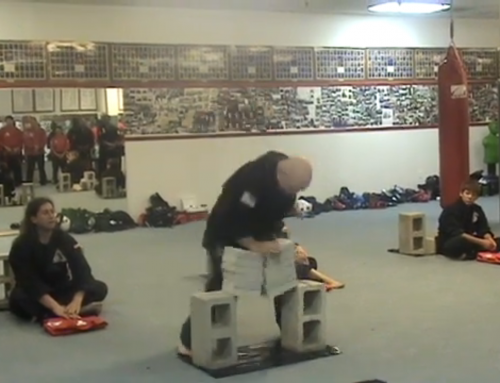In the previous mission, “How to Conduct an Effective Interview”, we discussed how we acquire an elite team, how to re-create the working environment during the interview and see what they’re going to be like in the environment in which they’re going to be working.
Today, we are discussing the first of the six different criteria we need to look for when we’re hiring a member for our team, values. As I’ve stated before, the values of a team member need to match our organization’s values. If they don’t, it’s going to be a bad hire. We make decisions predicated on our value system. If a team member’s values are drastically different than our organizational values, the team member’s decisions are not going to be in alignment with the corporate values.
How do we test somebody to see if they have the right values? First, let’s discuss what values are. Values are our beliefs that we hold to be the most important. In other words, if you took all of your beliefs and arranged them in order of importance to you, the ones at the top of the list are more valuable to you then the ones at the bottom.
Why Common Values Matter
Let’s look at an example where a company’s values are teamwork, honesty and customer service, but a manager’s values are excellence, honesty and customer service. If a team member does a poor job the manager might say “you’re barely competent, I don’t even know why you work here.” This would probably degrade morale and hurt the team. If the manager’s values were the same as the company’s They might point out the team member’s strengths and then provide the resources so they can improve in the areas that are weak.
These are the sort of things that we want to uncover during our interview. So how do we do that? We need to come up with questions that test if the candidate shares our organizational value. For each of your company values, need to come up with a question that will show whether or not somebody has that value and do it in such a way that it’s not clear what it is you’re asking. I find the best way to do this is to create a scenario that presents two conflicting choices.
How to Determine a Candidate’s Values
For example, let’s say you are a service company with client’s that pay you a retainer to fix problems and perform other services as needed. One of your core values is “Service” as you might expect. During the interview, you might ask prospective technicians how they would handle this scenario.
“It’s 10-minutes before closing and you receive a phone call from a client. They are one of your smaller clients and you know they aren’t considered an important or major customer. They have a new employee starting tomorrow and they need you to setup the new employee in their system. Normally your company requires 2-days’ notice for this service but the customer tells you it was a last-minute hiring decision. To compound the matter, there is new policy that you can’t work overtime without prior approval and there are no managers available to approve the overtime. What do you do?”
The candidate is faced with a choice of breaking the company’s overtime policy or helping the customer. To a prospective team member, the correct answer isn’t obvious. In fact, if the company values obedience to policy above customer service, the correct answer will be different then if customer service and independent thinking are valued.
I recommend developing questions such as this for each of your core values. You may even create more than one scenario for each value. Ask these value questions towards the end of the interview you will get better results than early on when they are mentally at their best.










